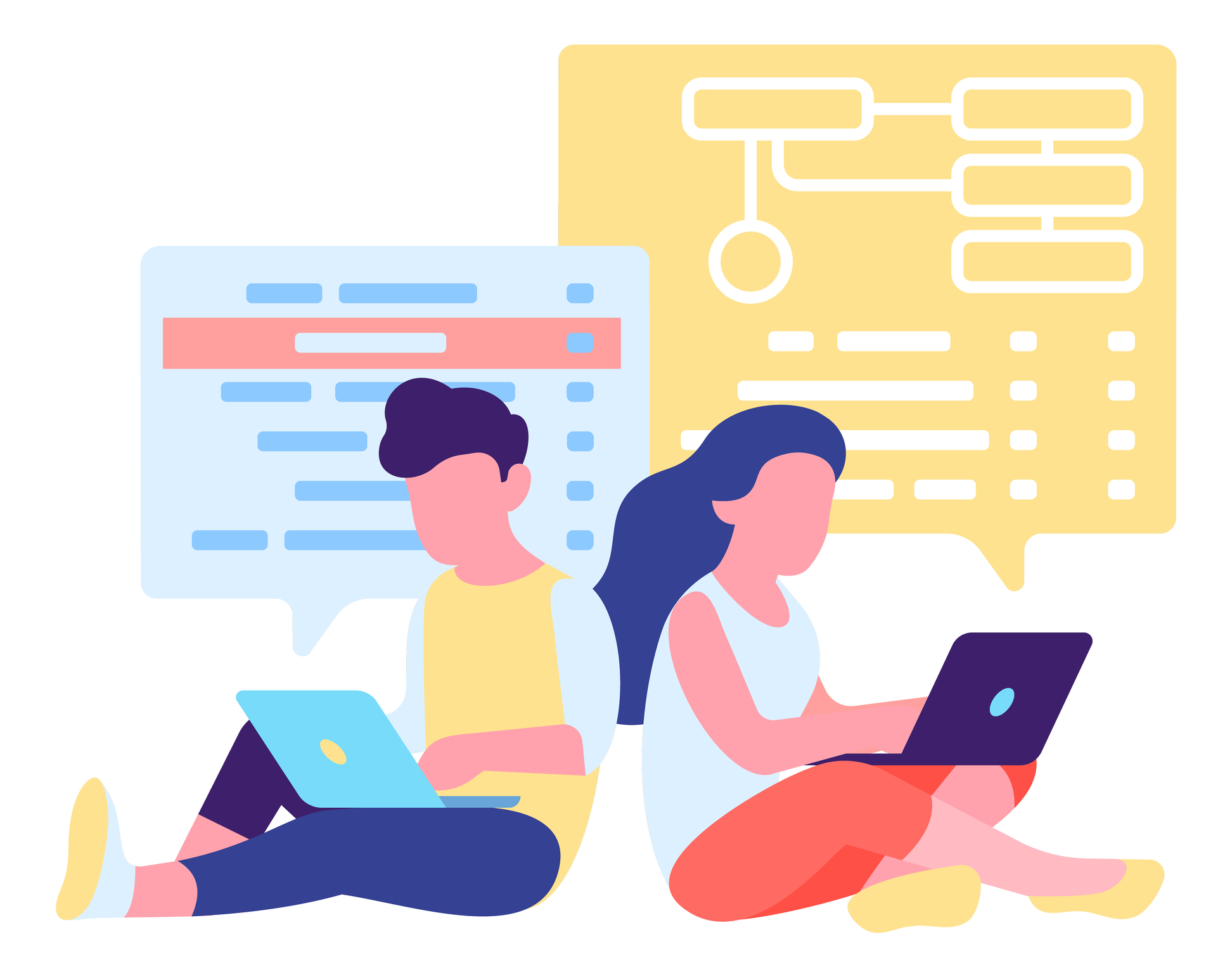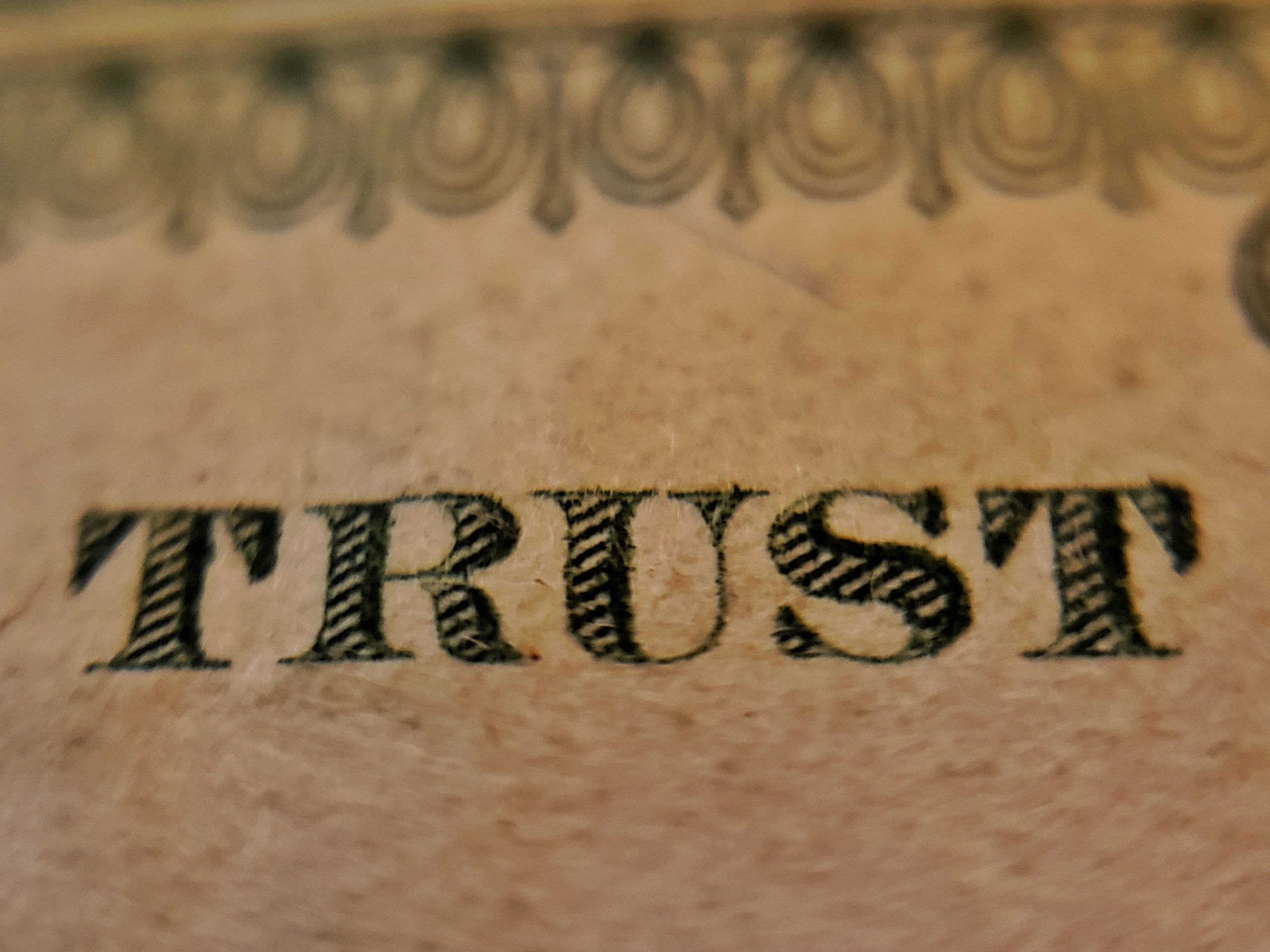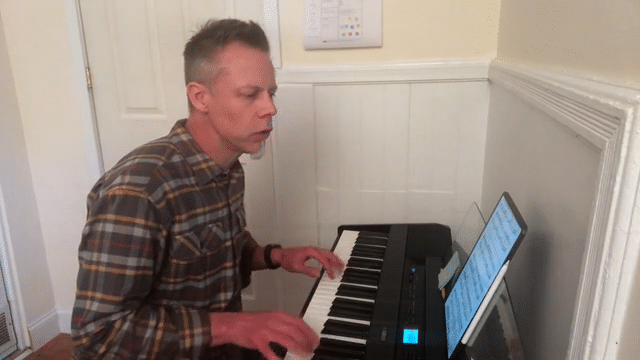One looks back with appreciation to the brilliant teachers, but with gratitude to those who touched our human feelings. The curriculum is so much necessary raw material, but warmth is the vital element for the growing plant and for the soul of the child.

Learning to play the pututu in Peru
Despite being a lifelong student, I don’t remember most of the mountain of facts and figures my childhood teachers were tasked with carving into my brain. Lists of dates, names of battles and presidents—this is not the stuff of everyday conversation. The majority of the physics I’ve used since high school has been to tutor my son when he was in high school and my stepkids today—and I’m relearning it by teaching it to them. I don’t remember my middle school, high school, or college Spanish. Instead, I’m honing my skills with the help of a regular tutor. I make childish mistakes, he helps me get over them, and I parrot his suggested corrections: this is way more effective than anything I learned from a grammar book full of rules. I learned to drive a car by doing it, not by sitting in a classroom listening to someone talk about doing it.
I do have some fond memories of my school days. I remember a handful of specific teachers, those few who always managed to help me get the best out of myself—no matter how distracted or bored I was.
My high school English teacher jumped atop his desk and used it as a stage. He pulled a ruler from his pocket and thrust it in the air as his sword while reciting Shakespeare. My English teacher nurtured my growth as a writer, and the wordscapes sprung forth. My Latin teacher connected with me through music—she was a friend of my music teacher, who was a pianist and big band leader. My college computer science teacher encouraged me to combine music and operating system implementation, and later mentored me as a teacher.
As we become adult learners, our motivations change, sometimes becoming more transactional in nature. Maybe you want a new job skill, so you take a quick class on LinkedIn Learning. Luckily, even as an adult, I’ve been blessed with teachers who care about me. John Allis watched me on my bike almost every day for a few years, and he customized his instruction to my body type and strengths. The same thing happened with my martial arts teachers—they noticed what worked for me and amplified it as our friendship grew. My Spanish tutor is the same way. Although we’ve never met face-to-face (all of our sessions are via video), I feel like we care about each other.
It’s the same pattern with all of the best teachers in my life: I felt like they cared about me, that my learning mattered to them, that I mattered to them.
It turns out that effective learning depends on good relationships. This aligns perfectly with the research on team emotional intelligence, the underpinnings of the Core Protocols. 21st-century knowledge work is all about learning. As David Brooks wrote recently in the New York Times, learning is a deeply emotional experience:
Even when conditions are ideal, think of all the emotions that are involved in mastering a hard subject like algebra: curiosity, excitement, frustration, confusion, dread, delight, worry and, hopefully, perseverance and joy. You’ve got to have an educated emotional vocabulary to maneuver through all those stages.
Understanding our own emotions and responding to those of others is a prerequisite for effective learning, whether it’s an academic subject or work with your teammates. When we show unconditional positive regard for each other, we amplify our learning. We grow and achieve great things together. We co-create a positive feedback loop that spurs us toward a state of being that’s far greater than the sum of the parts.
At its best, it looks a lot like love.





